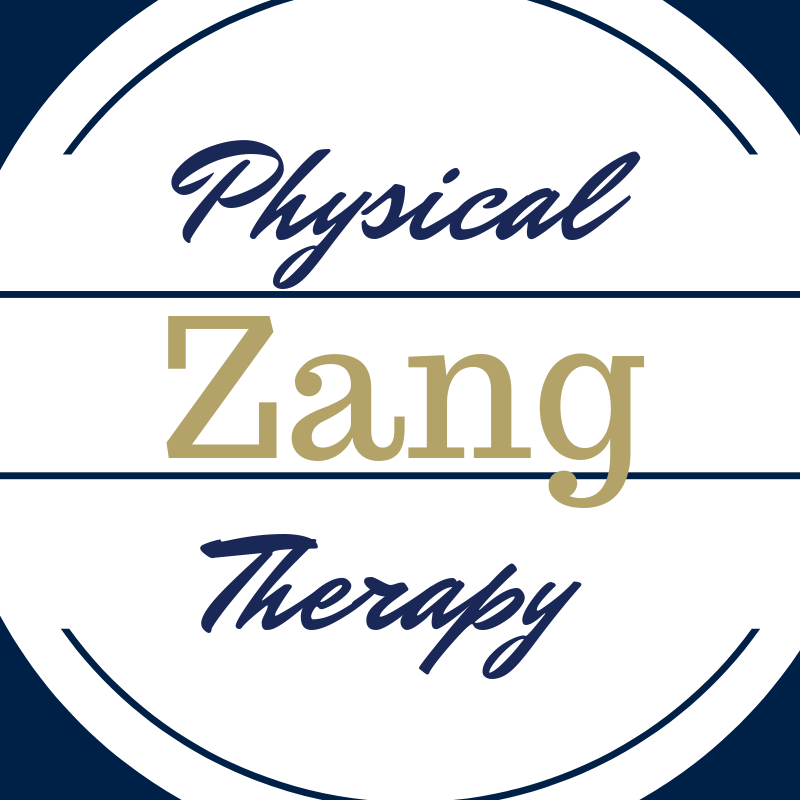Rheumatoid Arthritis (RA) is one of over 100 different recognized types of arthritis. RA is a type of autoimmune issue that results in chronic inflammation often associated with pain and joint damage. RA is found to be more common in women between the ages of 40-60. Other associated factors include possible family history link, smoking, and obesity.
Most often RA affects the small joints of the hands and feet dramatically impacting daily function. In others, the knees or shoulders can also be involved in addition to issues with other body systems.
In many cases, this will be diagnosed by a person’s PCP and then typically managed by a Rheumatologist. Signs or symptoms of RA include swollen joints, joint stiffness, fatigue, and potentially weight loss. Additionally, symptoms are not always a constant. The individual may go through periods of increased difficulty, while other times the person is minimally impacted. Unfortunately there are not always good reasons for either.
Frequently treatment involves some form of medication and often discussion and implementation of lifestyle management. Just what this looks like may be different from person to person, but often includes some dietary changes and usually activity modification. Too often though – this is where the medical system leaves it – BUT more can and should be done.
What can be done?
Education and implementation of an exercise program
But won’t exercise hurt the joints?
Not if done properly and carefully adjusted based on a person’s current status. Meaning, if a person is in a “flare”, the program will be adjusted down to an appropriate level for the person. And then when the individual is feeling good, it will be progressed to help the person to maintain and gain strength thereby improving mobility and ability to participate in enjoyable activities.
But I tried exercise before and it hurt and now I am not sure what to do?
Well…this is the place to start working with a professional muscle and joint expert, someone who understands the human body and can/will work with you to find the best plan of exercise for you in light of RA. Once you learn a good program, it is something that many individuals can then progress to doing independently. Though having periodic check ups with the provider is probably advised based on any changes of the condition.
Looking to get some more questions answered? Try starting HERE or you can fill out THIS Quick Form to get a personalized call-back to have your questions answered. RA does not have to stop you from living life. Get active – Feel better
